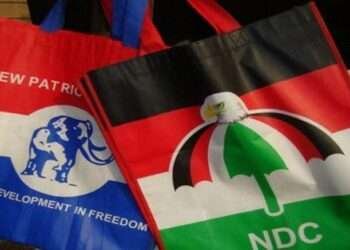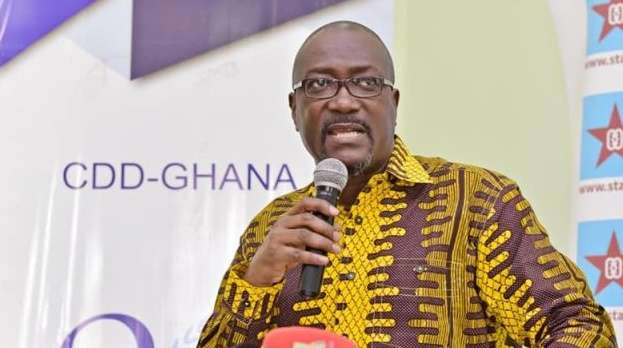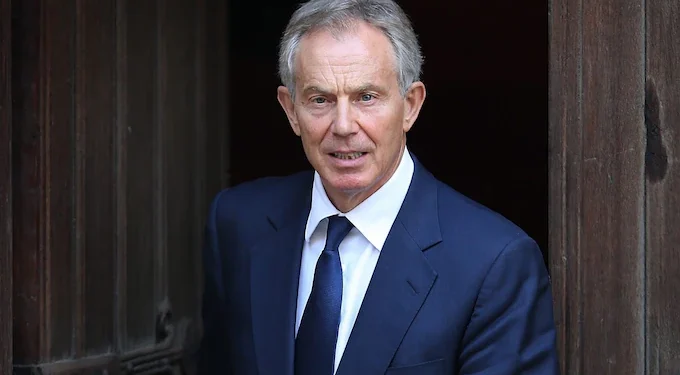At a pivotal seminar held at the United Nations Headquarters, Major General Richard Addo Gyane, Commandant of the Kofi Annan International Peacekeeping Training Centre (KAIPTC), delivered a critical address emphasizing the urgent need for agile, adaptive, and effective strategies to address global peace and security challenges.
This address took place during a high-level seminar and expert symposium, emphasizing the importance of peacekeeping as a vital tool for achieving lasting peace and managing international crises amidst a rapidly evolving security landscape.
Over the past decade, the African peace and security landscape has been confronted with a myriad of threats, including election security, cybersecurity, migration, terrorism, and violent extremism. These multifaceted challenges necessitate robust and unyielding strategies to effectively address them.
Major General Gyane underscored that peacekeeping, despite being an essential instrument for establishing peace, faces increased pressures to adapt to more volatile and high-risk environments due to these evolving threats.
“Peacekeeping as a form of intervention has undergone significant shifts since the end of the Cold War. Recent developments, such as the UN’s exit from Mali in 2023 and the impending conclusion of its mission in the Democratic Republic of the Congo (DRC) in late 2024, indicate a new trend in international peacekeeping: a move away from extensive, multidimensional missions towards more targeted and stabilization-focused, often ad hoc, operations”
Major General Richard Addo Gyane, Commandant of the KAIPTC
Amid these geopolitical shifts, the seminar provided a platform for discussing the urgent need for relevant, responsive, and impactful multilateral responses. Major General Gyane warned of the significant threats peacekeeping missions face from armed groups, criminals, and terrorists with access to powerful modern weapons, which significantly impact their ability to operate safely and fulfill their mandates.
Major General Gyane reaffirmed KAIPTC’s dedication to advancing global peace and security, aligning with its goal to bolster the capabilities of ECOWAS, the African Union, and the UN in fostering good governance, peace, and security across Africa.
Expert Symposium and Collaborative Efforts

The seminar featured an expert roundtable moderated by Dr. Emma Birikorang, Acting Director of the Faculty of Academic Affairs and Research at KAIPTC. The roundtable addressed structural and persistent issues that inhibit adaptation to new circumstances and challenges, focusing on making peacekeeping more nimble and adaptive and enhancing adaptation through evidence-based decision-making.
“The changing security environment, the multiplicity of actors, the complex mandates, and the challenges confronting peacekeepers today are symptomatic of the transformation over the past six decades,” Major General Gyane. Budget cuts and the expectation for missions to achieve more with fewer resources further compound the situation. Major General Gyane called for a holistic overhaul of mission performance and stressed the need for UN member states from both the Global South and North to reassess the effectiveness of peacekeeping in the contemporary global landscape.
Co-sponsored by Ghana, India, Norway, and Switzerland, along with various peace operations networks and institutions such as the Effectiveness of Peace Operations Network (EPON), the Geneva Centre for Security Policy (GSCP), and the Kofi Annan International Peacekeeping Training Center (KAIPTC).
Others included the Norwegian Institute of International Affairs (NUPI), the United Service Institution of India (USI), and the UN Department of Peace Operations, the seminar underscored the collaborative effort needed to enhance peacekeeping effectiveness.
In addition to participating in the high-level seminar, Major General Gyane and Dr. Birikorang made strategic courtesy calls on major peacekeeping stakeholders in New York to foster new collaborations and strengthen existing partnerships. This engagement aims to build a more responsive and effective peacekeeping framework to address contemporary global challenges.
The seminar, built on the Secretary-General’s “New Agenda for Peace,” served as a precursor to the upcoming Summit of the Future, fostering forward-looking policy dialogue. This dialogue is essential for developing strategies that ensure peacekeeping missions are equipped to handle the complex and evolving nature of global conflicts.
The event was a pivotal gathering of representatives from member states, academia, think tanks, peacekeeping training centers, and UN practitioners, all committed to enhancing the effectiveness of peacekeeping operations in a rapidly changing world.
READ ALSO: Kirby Says Truce Proposal ‘Accurately Reflects’ Plan Made With Israel





















